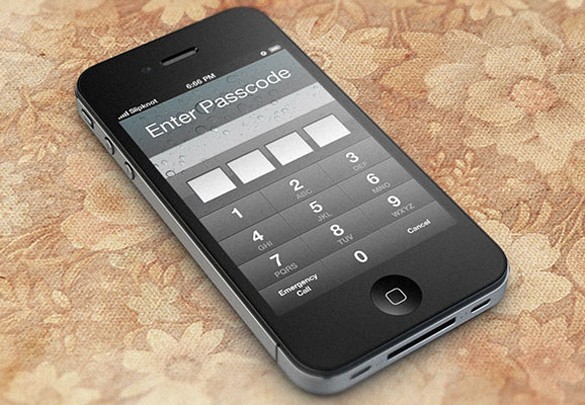Court rules smartphone passwords protected by the Fifth Amendment and you don
This means is that if you rely on alphanumeric passwords to unlock your device to gain access to its contents, you will not be legally obligated to unlock it. This is thanks to a recent case involving two former Capital One data analysts who were accused of insider trading and were asked to turn over their smartphone’s passwords. However, their employer had also instructed its employees to choose their own passwords for those smartphones.
Under United States law, defendants can generally be compelled to hand over evidence, even if it is self-incriminating, if its existence has already been confirmed.
The Fifth Amendment of the U.S. Constitution is a regularly used term among movies and TV shows, and is more popularly known as the Miranda rights to the general public. So, the government has to uncover that evidence themselves.
In cases like that, people plead the Fifth to avoid saying something that will incriminate them. The same goes for work-issued smartphones since the passcodes aren’t corporate record.
So, unless the SEC can now somehow prove that the handsets do indeed contain incriminating documents, it looks as though the only option available to it will be to appeal the ruling in a higher court.








